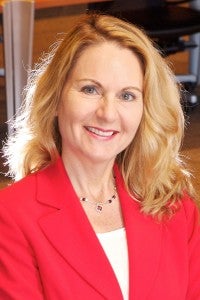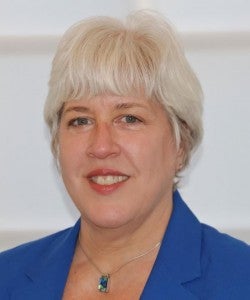High-pressure Work Environments Come With Caveats
USC experts discuss issues raised in recent national news stories about high-performance work cultures, U.S. business models, and the impact of stressful environments on employee health and productivity.
Contact: Andrew Good at (231) 740-8606 or gooda@usc.edu or Emily Gersema at (213) 740-0252 or gersema@usc.edu.
A cycle of employee burnout will eventually burn recruitment
 “A harsh work environment is harmful to employees’ health and mental health, generates a culture of disengagement and leads to lower productivity. Eventually, the secret of this environment will be revealed and damage not only the corporation’s reputation but also its ability to recruit new talent, even if the workers are well compensated. In those cases, managers who do not listen to employees and who don’t survey their opinions may think that ‘all is well’ because they might see short-term increased output from the workforce. However, that perception is deceptive, because a corporate culture that perpetuates employee burnout is unsustainable.
“A harsh work environment is harmful to employees’ health and mental health, generates a culture of disengagement and leads to lower productivity. Eventually, the secret of this environment will be revealed and damage not only the corporation’s reputation but also its ability to recruit new talent, even if the workers are well compensated. In those cases, managers who do not listen to employees and who don’t survey their opinions may think that ‘all is well’ because they might see short-term increased output from the workforce. However, that perception is deceptive, because a corporate culture that perpetuates employee burnout is unsustainable.
“By contrast, a corporate culture that conveys respect for employees and that provides opportunities for creating more balance between their work and life typically generates a more committed and productive work force. It is actually very simple: In the long run, a healthy and respectful work culture contributes to a healthy and productive workplace.”
Michà lle Mor Barak is Dean’s Endowed Professor of Social Work and Business and director of the USC School of Social Work Doctoral Program.
Contact: (213) 740-2002 or morbarak@usc.edu
No ideal business model exists for maximum productivity
 “An organization’s performance and outcomes depend on the capability opportunity and motivation of its employees, and their alignment with its goals. Is there one best system for creating this?
“An organization’s performance and outcomes depend on the capability opportunity and motivation of its employees, and their alignment with its goals. Is there one best system for creating this?
“It’s always tempting to look for generalizations, but no single approach to management and the workplace works best in all situations. Some workplaces thrive by explicitly creating ‘slack’ in their workers’ assignments to allow them to step back and reflect. Other workplaces thrive with systems that more closely track and evaluate how individuals perform. Some systems emphasize long-term relationships and others short-term performance.
“Leaders should strive to understand how different choices affect their workplace and organizational success, not jump from one ‘shiny object’ to another. Workers and employers have choices and ideally there is transparency about the workplace ‘deal,’ so that those choices optimize the fit between workers and their workplaces for all parties.”
John W. Boudreau is the research director of the Center for Effective Organizations at the USC Marshall School of Business.
Contact: (213) 740-9814 or john.boudreau@usc.edu
Failure to engage and motivate workers hurts the bottom line
 “I think most employers have not unearthed the real ‘maximum productivity’ level within their employee population as they fail to understand basic and evolving motivational forces that operate within individuals and groups. They tend to push employees using both the carrot and the stick, yet fail to recognize organizational factors that prohibit engagement and limit or block productivity.
“I think most employers have not unearthed the real ‘maximum productivity’ level within their employee population as they fail to understand basic and evolving motivational forces that operate within individuals and groups. They tend to push employees using both the carrot and the stick, yet fail to recognize organizational factors that prohibit engagement and limit or block productivity.
“Younger employees, Millenials especially, want flexible and less structured work environments, more reliance on working remotely across fluid schedules, and in-person environments that reflect their culture and their values. Managers know they need to retain these tech-savvy Millenials, but often don’t know how to shift the organizational culture in a way that works for everyone.”
Beverly Younger is a clinical associate professor at the USC School of Social Work researching organizational change and work-life balance.
Contact: (708) 302-1447 or bjyounge@usc.edu



